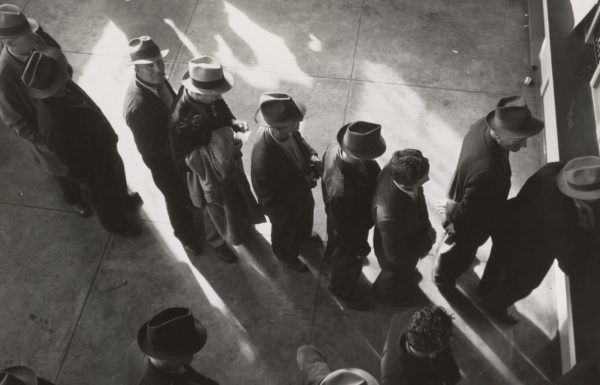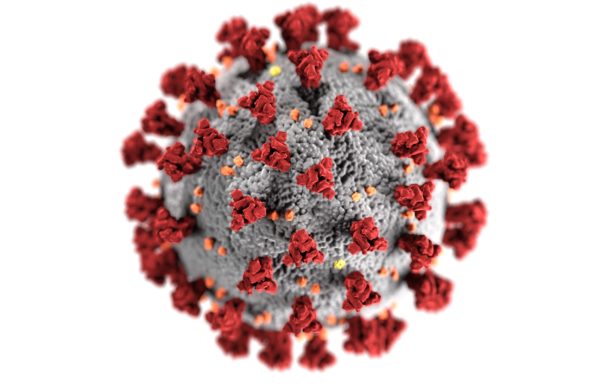Thoughts from Salem Center’s David Puelz:
Understanding cause-and-effect is crucial to policy analysis. A new article published in the Journal of the Royal Statistical Society aims to make causal methods more useful by incorporating “interference.” Interference is everywhere in our modern world and describes natural clusterings of experimental units: family members interact with others in the same household, neighboring city streets affect other streets close by, friends in social networks influence each other, and countries in trade networks influence their trading partners. While most causal methods assume these clusterings don’t exist, taking advantage of this structure in the data can lead to new and impactful insights, especially on the cause-and-effect of a policy. This paper incorporates interference directly into a new causal method, and applies it to a recent experiment on policing and crime.
Learn more and read the full article from UT News here.




